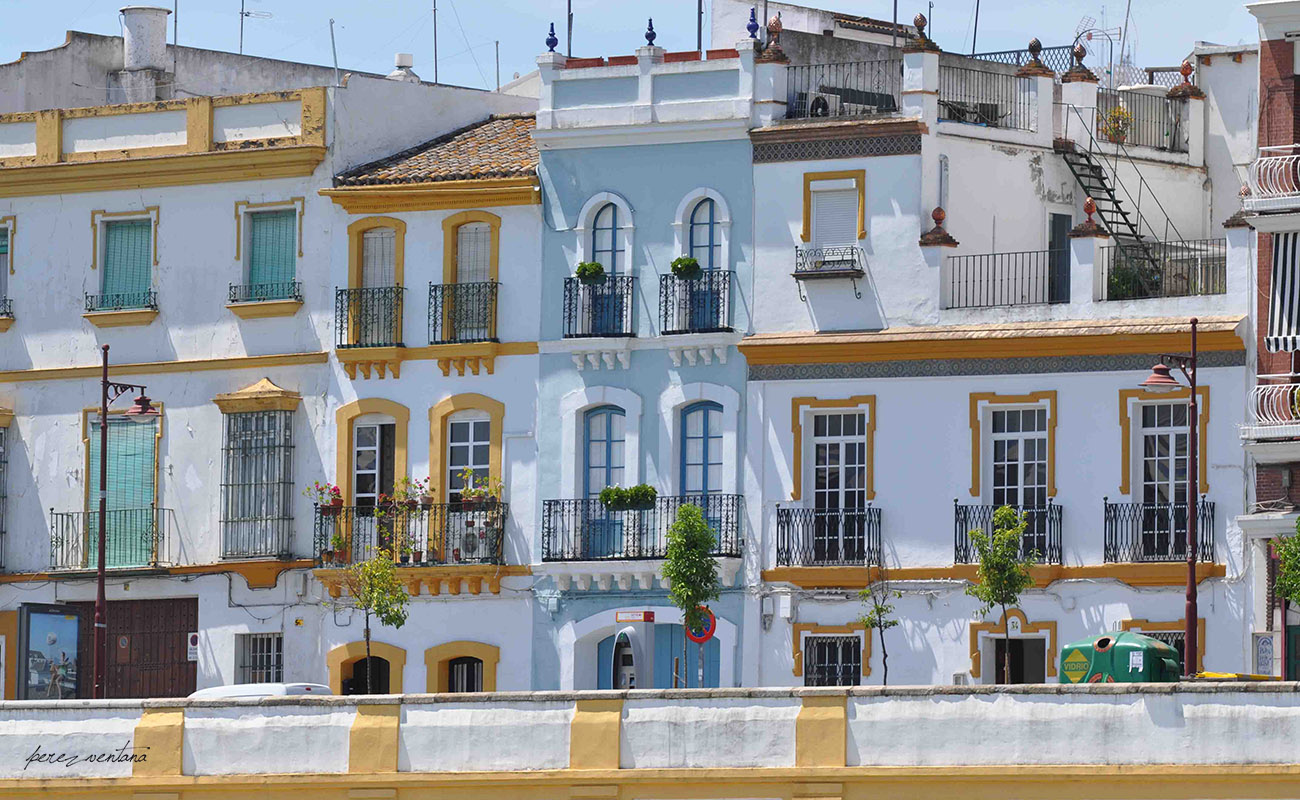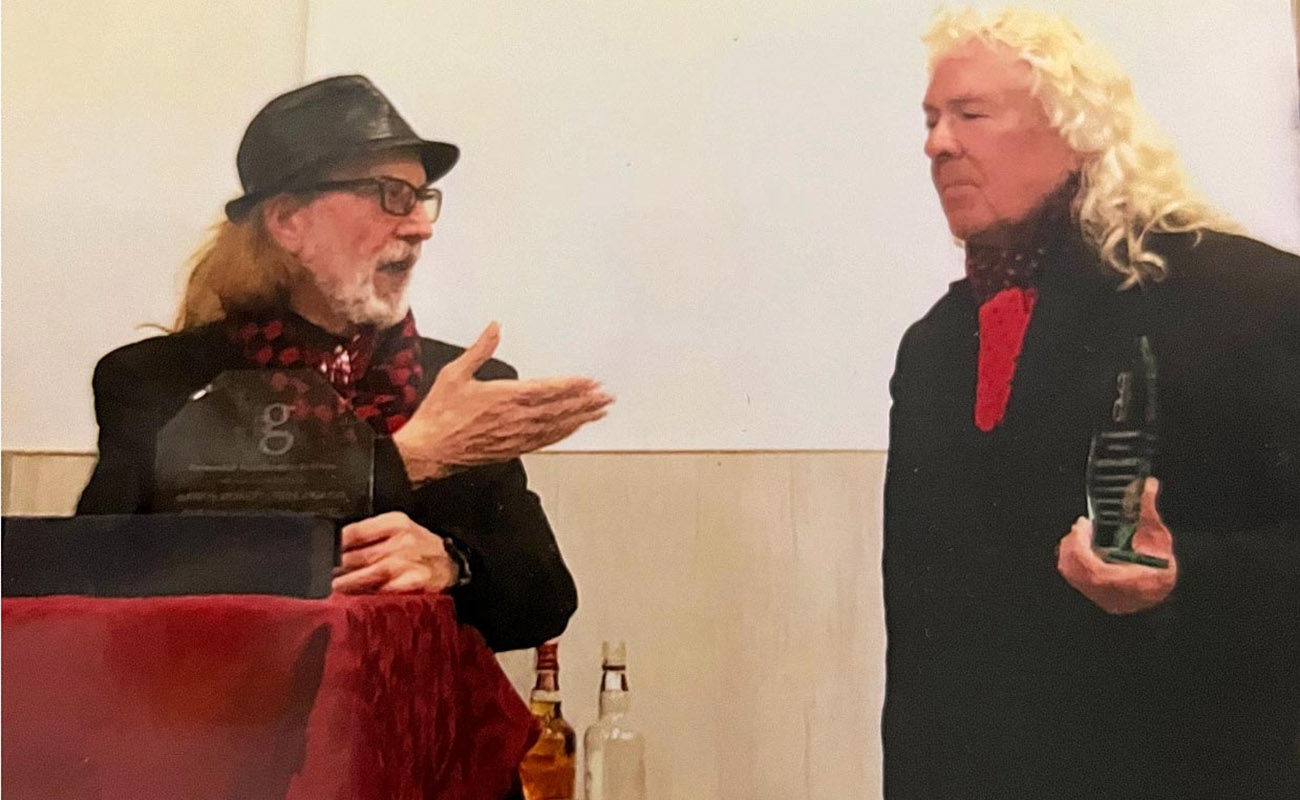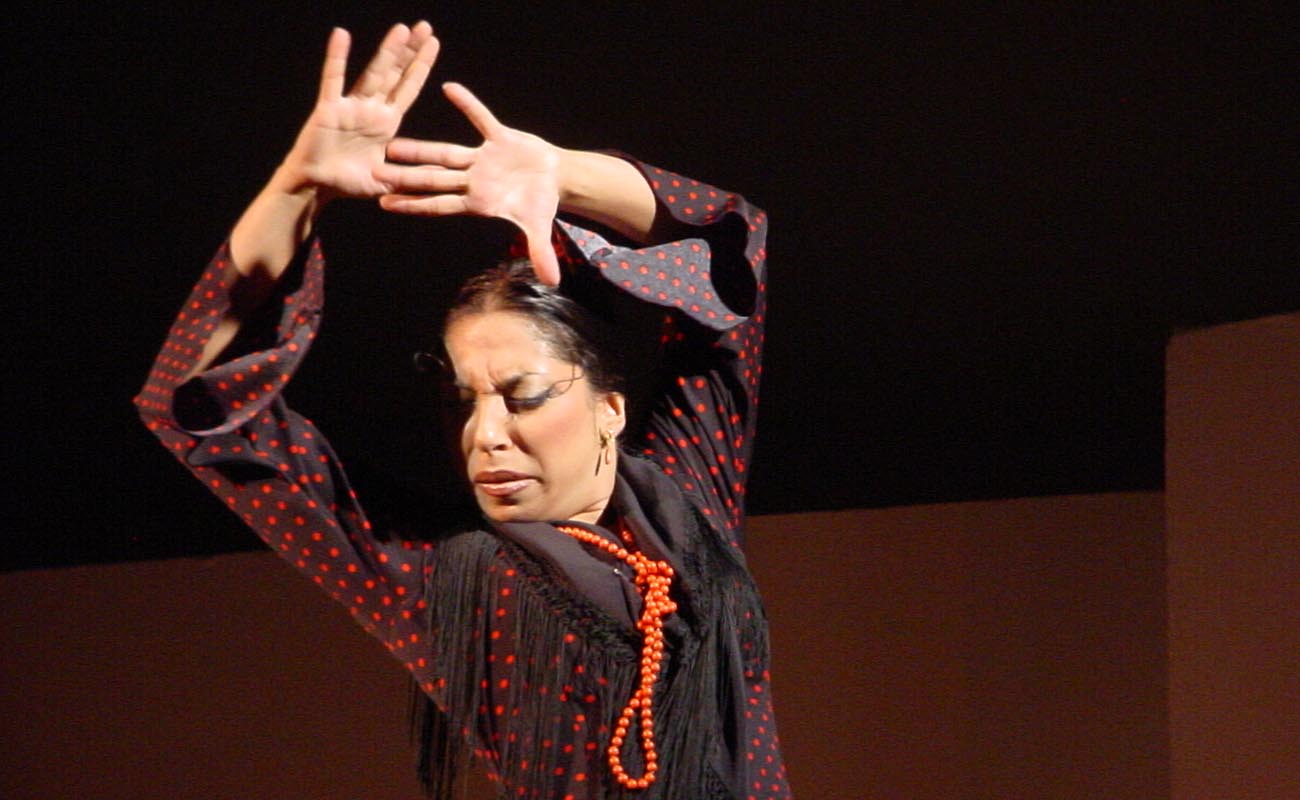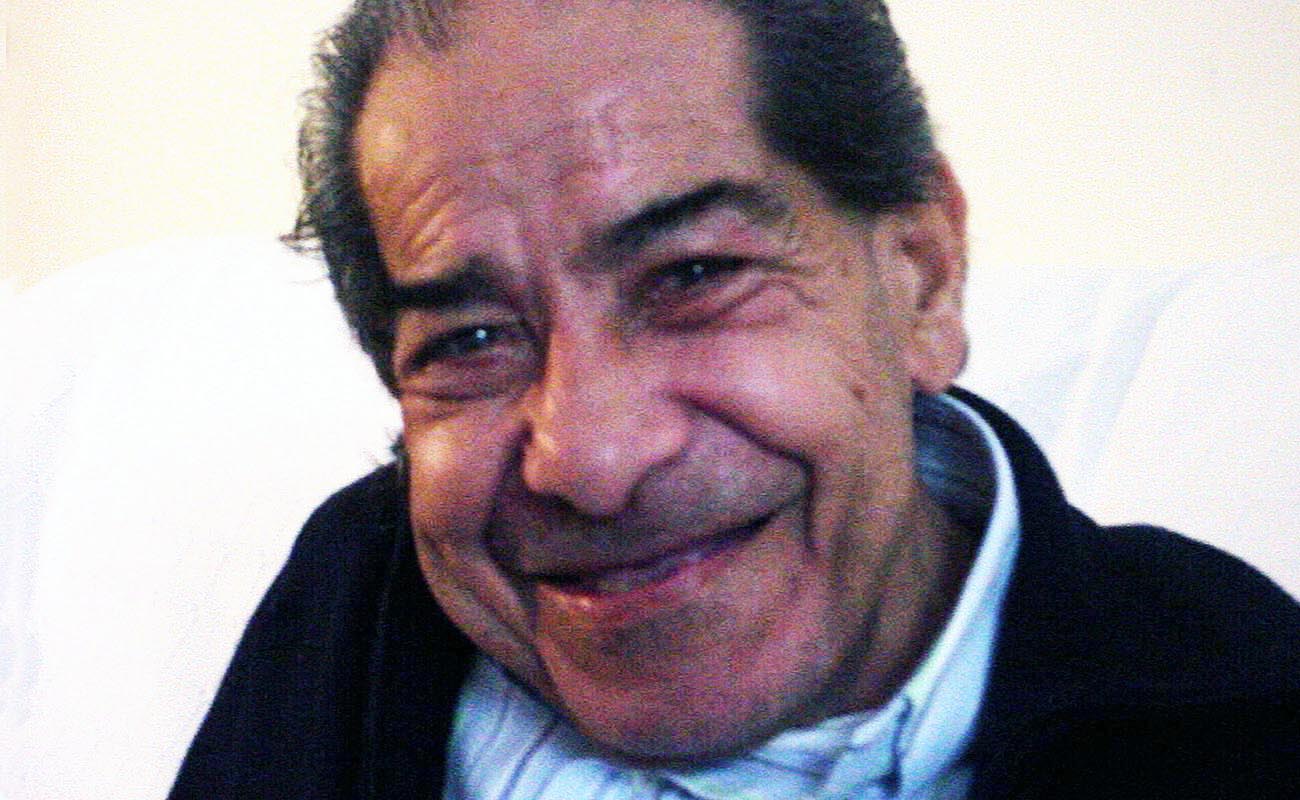Grandpa and Triana
-Grandpa, what are your ties to Triana? -When I was a 13-year old kid, I was already working in that neighborhood of Seville. I got married at the Esperanza church on Pureza Street and I lived for seven years at the Voluntad district, which is located between Tardón and the most gypsy area of Triana. -Why are you so obsessed with Triana,

-Grandpa, what are your ties to Triana?
-When I was a 13-year old kid, I was already working in that neighborhood of Seville. I got married at the Esperanza church on Pureza Street and I lived for seven years at the Voluntad district, which is located between Tardón and the most gypsy area of Triana.
-Why are you so obsessed with Triana, spending so many years researching that neighborhood?
-Because Triana is the key to understanding the origins of flamenco, although the historians have forgotten that the leading flamenco stars of the 19th century weren’t from that neighborhood, but from other parts of Seville instead, such as the Feria neighborhood, just to give one example.
-Is that well documented, grandpa?
-And who cares about documents? I’ve been told a few times that it’s better not to mess up with those things. The people of Triana are very proud of their heritage, just like the people of Jerez and the people of Cádiz are proud of theirs. They like the goods stories told about them, and that’s all they want to hear.
-So is Triana a myth?
-I wouldn’t go that far, Manolo. How can you say such a thing? The importance of Triana in the history of cante flamenco, for example, is unquestionable, although cante was not born in Triana. Pioneers like El Planeta, Frasco el Colorao, El Fillo, La Andonda, Diego el Lebrijano, El Nitri and La Josefa weren’t originally from that neighborhood, but rather from Cádiz and other parts of Andalusia. Some of them, such as El Planeta and El Nitri, didn’t even live in Triana, ever. Yet, it’s easy to make up stories. Antonio Mairena, considered to be a great flamenco historian, insisted that El Planeta had been born in Triana, but that was a baseless claim. It was convenient to say that the first known cantaor in flamenco history was from that neighborhood, and that’s what’s been written.
-Aren’t there any serious researchers in Triana?
-No, there aren’t any serious researchers there, or even funny ones, at least when it comes to flamenco. Some people write books, but without making any research, and some even dare to make claims without providing any trustworthy source. That’s not researching, that’s just publishing books without any intellectual rigor, which is basically what has ever been done in flamenco, with a few particular exceptions.
-By the way grandpa, will you attend the 1st Conference on Flamenco and Communication at the Bienal festival?
-Sure I will. I got invited and I’ll give a lecture on September 15th. There’s lots to talk about flamenco and radio. I worked in flamenco radio shows for many years and I know a few things about that world, where there were all kinds of people, from experts who made history to chatterboxes who didn’t contribute anything.
-Who was the best of the Seville’s flamenco radio show directors?
-Miguel Alcal, with all his defects and virtues. He was the most knowledgeable of all and, crucially, he was the one who shared the most experiences with the artists. He was my mentor. Yet, the best radio show was the one by Emilio Jiménez Díaz, who was from Triana, incidentally. Very few people today remember his work on behalf of flamenco, not just in radio, but also in the printed press. He was the one who gave me the opportunity to become a writer for the El Correo newspaper. Those years were the golden age of flamenco in radio. Paco Herrera, for example, made many innovations and was a great professional. Yet, there were others that’s better not even mentioning.
-The Tertulia de Radio Sevilla was a great flamenco radio show, wasn’t it?
-Yes, it was like a flamenco school. Rafael Belmonte, brother of the bullfighter Juan Belmonte, was a good friend and a diehard follower of Antonio Mairena, who was the show’s advisor. Antonio was the true boss of that show, not Rafael. I used to go to the recording sessions of that show every week and I learned a lot listening to Mairena, Luis Caballero, Naranjito de Triana, Emilio Abadía, Matilde Coral and others. I wish that radio show would be back on air. Yet, Radio Sevilla doesn’t care about flamenco anymore, at least not as much as in those days.
-Be careful, grandpa, or you’ll get in trouble.
-It’s all good, Manolo. I love arguing.




